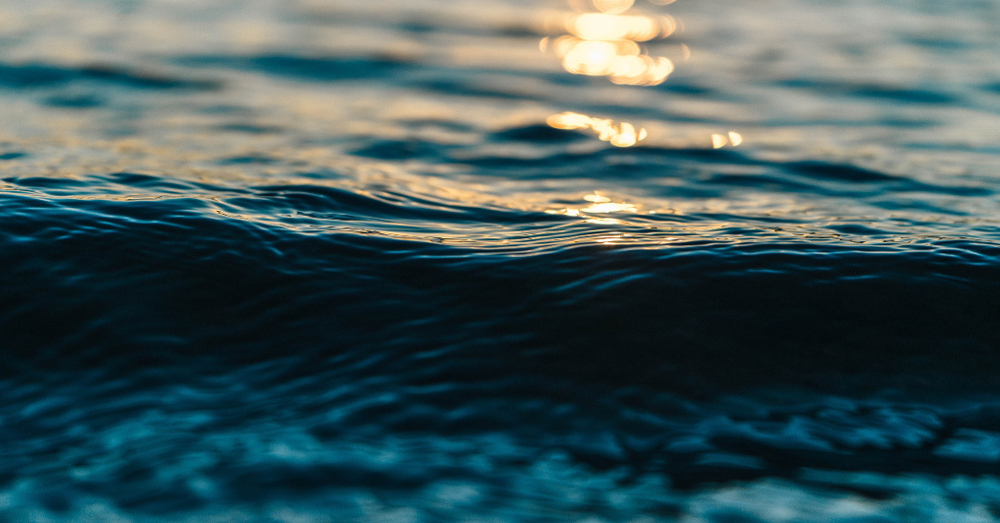
The Future of Water Governance in Canada Relies on Coastal Indigenous Legal Orders
June 06, 2024 | Source: University of Victoria | by Law
The future of water governance in Canada relies on coastal Indigenous legal orders
As his paddle dipped into the waters that connect coastal Indigenous nations across the globe, Andrew Ambers mused how differently the land looked from the water—and what Canadian laws could look like if they were crafted with the same viewpoint.
Ambers is Kwakwaka’wakw from ‘Namgis and Ma’amtagila, whose territories are on Northern Vancouver Island. It was the summer of 2023, and he participated in a canoe journey to various coastal Indigenous nations in Canada and the United States that graciously hosted them. As much as he was focused on the water around him, as an Indigenous law student at the University of Victoria (UVic), Ambers found himself reflecting a great deal on the laws governing the waters around him. This interest has guided Ambers’ participation in various Indigenous-led projects, and his research on Indigenous water rights and Indigenous international law as a graduate fellow at Borders in Globalization at UVic.
“Many coastal Indigenous communities are marine-oriented through travel, trade, food systems, and relationships. Oceans are part of the territories of coastal nations and make up important portions of their rights” he says. Despite this, “Indigenous ocean occupation and Aboriginal aquatic title are yet to be recognized and affirmed in Canada.”
In the second-ever declaration of Aboriginal title by Canadian courts in The Nuchatlaht versus British Columbia, Ambers considers how “the court recognized the unique marine circumstances of coastal nations but did not move beyond the land-locked nature of Aboriginal title.” This has inspired Ambers to undertake the work of advancing strategies to ensure that waters are not excluded from Indigenous rights in the future.
